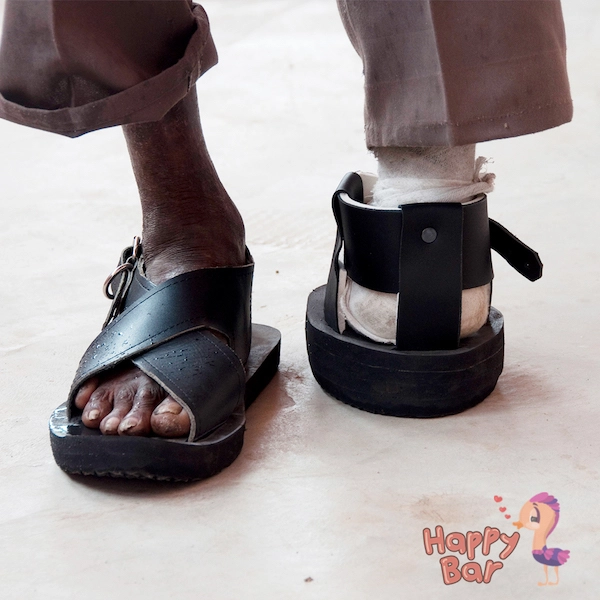A quick google search will show – leprosy isn’t a part of the past.
150 years since it’s discovery and this biblical disease still causes problems and a severely separating social stigma!
Leprosy, also known as Hansen’s disease, is a chronic infectious disease that affects the skin, nerves, and mucous membranes. Despite being curable and preventable, it continues to be a public health concern in many parts of the world, particularly in developing countries.
In recent news, there have been several stories highlighting the ongoing challenges of leprosy in different parts of the world.
We will briefly explore some of those stories below…
[As per the World Health Organization, below is a map of the annual new cases of leprosy around the world.]

“Two Cases in Portugal, Imported from Brazil”
In February 2023, Portuguese health authorities confirmed two cases of leprosy in Lisbon, both of which were imported from Brazil. According to the officials, the patients had traveled to Brazil and had probably contracted the disease there.
This incident highlights the importance of early diagnosis and treatment, as well as the need for international cooperation in controlling the spread of leprosy.
“Brazil States 17,000 Leprosy Cases in 2022”
Brazil has one of the highest burdens of leprosy in the world, with an estimated 17,000 new cases reported in 2022. This figure represents a slight decrease from the previous year, but it is still a cause for concern.
The Brazilian government has implemented several initiatives to improve leprosy control, including increasing access to diagnosis and treatment, providing support to patients and their families, and conducting educational campaigns to raise awareness about the disease.
“Leprosy is Spreading Faster than Ever Amongst Indian Tea Pickers”
In India, leprosy continues to be a significant health problem, particularly amongst marginalized communities such as tea pickers. A recent study found that the incidence of leprosy among tea pickers was increasing at an alarming rate, with many cases going undiagnosed and untreated. According to the Leprosy Mission, tea plantations in Sylhet employ about 600,000 workers – mostly women from minority groups – have the highest rate of leprosy in the world!!
This highlights the need for targeted interventions that take into account the specific challenges faced by vulnerable groups such as tea pickers, as well as the importance of early detection and treatment.
“Sri Lanka had Leprosy under Control Until Covid-19”
Sri Lanka has been praised for its successful efforts in controlling leprosy in recent years, with the country achieving the World Health Organization’s (WHO) target of reducing leprosy prevalence to less than one case per 10,000 population in 2016.
However, the COVID-19 pandemic has had a significant impact on leprosy control efforts, with many health resources diverted to pandemic response activities. This has led to delays in diagnosis and treatment, as well as disruptions to surveillance and monitoring activities.
According to statistics by the Anti-Leprosy Campaign under the country’s Ministry of Health (MOH), more than 1,300 new cases were reported in 2022, with 10.6% of the patients being children. The number of cases for the year 2021 was 1,026 and in 2020, 1,213. The number of cases in 2015 was nearly 2,000.
“150 Years since Leprosy was Discovered”
2023 marks the 150th anniversary of the discovery of the causative agent of leprosy, Mycobacterium leprae. Since then, significant progress has been made in understanding the biology of the disease and developing effective treatments. However, much remains to be done in terms of reducing the burden of leprosy, particularly in the poorest and most marginalized communities. This includes ensuring access to early diagnosis and treatment, providing social and economic support to patients and their families, and addressing the stigma and discrimination that often accompanies the disease.
In conclusion, these recent news stories underscore the ongoing challenges of leprosy control and the need for sustained efforts to achieve the goal of eliminating leprosy as a public health problem. Happy Bar Nutrition is proud to be able to provide bars to provide strength for those fighting this awful disease, however we feel more needs to be done in raising awareness and erasing the stigma. If anything, Happy Bar Nutrition Inc wants you to know that Leprosy is not an American, Indian, Brazilian, or Sri Lankan problem…it is an ‘US’ problem, and together we can address the social stigma which has been attached to this sickness for so long.
Regards,
The Happy Bar Nutrition Family


